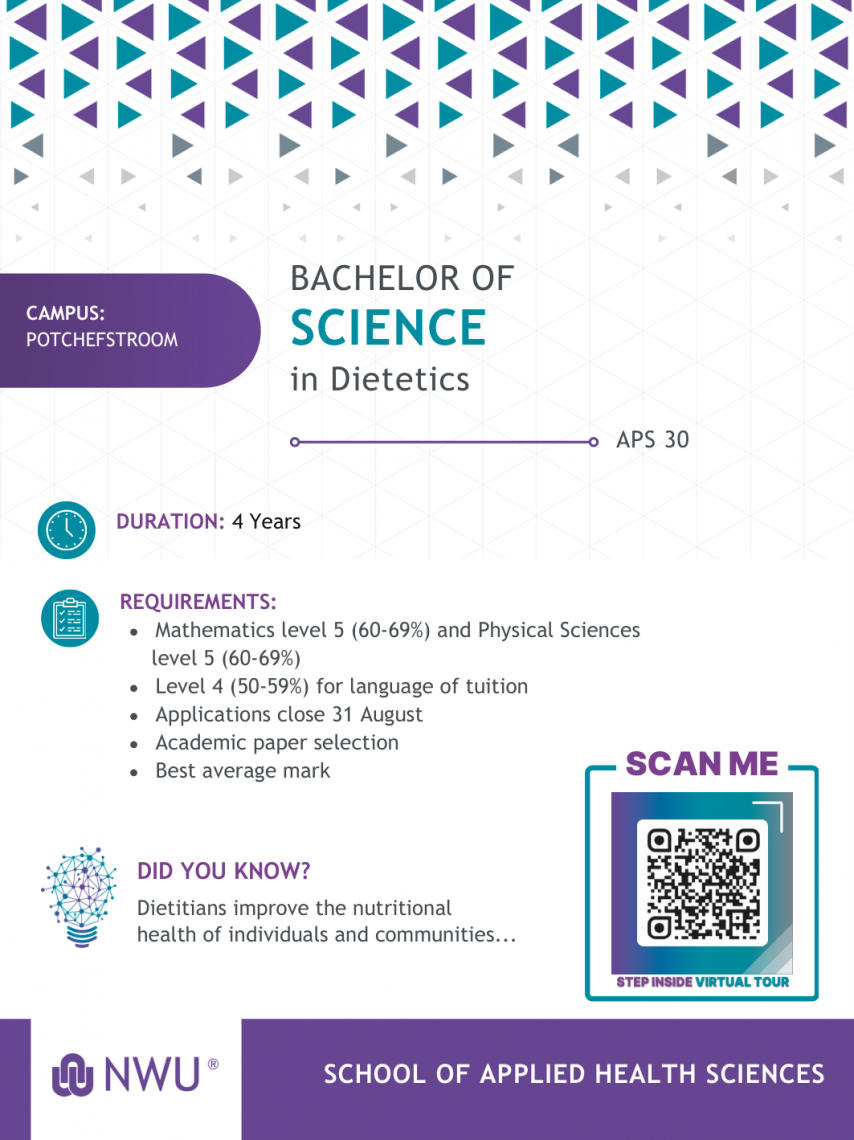
1. What is Dietetics?
Dietetics is the science that examines how food and nutrition impact human health and well-being. It involves evidence-based nutrition knowledge to promote health, prevent and manage disease and improve quality of life. Dietetics combines elements of physiology, biochemistry and food science to understand how nutrition influences the body, and how to support individuals and communities by promoting healthier diets.
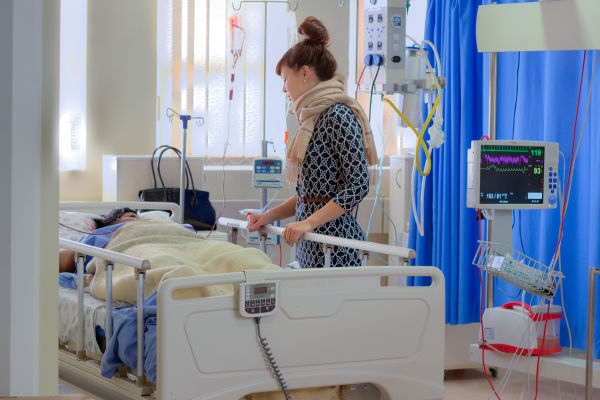
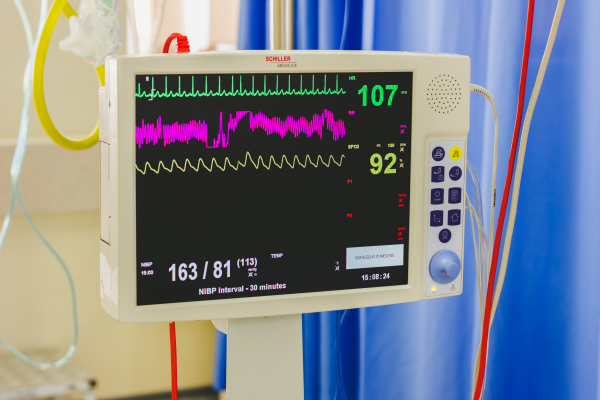

2. What does a degree in Dietetics entail?
This qualification is a professional degree that enables graduates to register as dietitians with the Health Professions Council of South Africa (HPCSA), under the Professional Board for Dietetics and Nutrition.
Students are trained in all three fields of the profession, namely food service management, therapeutic and community nutrition. Dietitians are also involved with nutrition-related research.
3. Admission requirements
- National Senior Certificate with university entrance
- A minimal APS count of 30
- Mathematics - Level 5 (60-69%) AND
- Physical Science – Level 5 (60-69%)
A pass mark of 50-59%(level 4) in the language of teaching and learning concerning home language or first additional language level.
4. Manner and duration of presentation
The program is only presented on a full-time contact basis and is offered over a period of four (4) years.
Note that the language of instruction is Afrikaans or English, but simultaneous interpreting into English or Afrikaans as applicable is available.
5. Selection Process
Prospective students are subject to a selection process. The criteria used for the selection includes the following:
I. Academic component (Grade 12 average). Prospective student should provide a certified copy of their Grade 12 or latest results. (Grade 11 final results can accompany the application)
II. Proof of a visit to a registered dietitian.
6. Postgraduate studies
After successfully completing the BSc in Dietetics degree the student will acquire admission to the MSc degree in Dietetics or Nutrition, but is subject to a selection process on the grounds of academic performance as well as availability of capacity in the subject field. The following admission requirements required:
- The student must at least achieve a pass mark of 60% in each of the following modules: NUTT312, NUTT323, NUTT324, NUTR321 and NUTR471 or equivalent modules;
- Descriptive statistics (STTN111) or an equivalent module is a co-requisite.
After the MSc degree in Dietetics or Nutrition a PhD in Dietetics or Nutrition may follow if the prerequisites are met.
7. Career opportunities
- Healthcare sector: Department of Health, private hospitals
- Pharmaceutical and medical nutrition companies, medical aids
- Food and nutrition industry: food manufacturing companies
- Retail supermarkets, catering and food service companies
- Public health and community nutrition: Department of Health
- Department of Education
- Department of Correctional Services
- Department of Defence
- Non-governmental organisations
- Sports and wellness sector: professional sports teams
- Organisations, corporate wellness programmes
- Research: the Medical Research Council (MRC), universities
- The food industry
- Teaching: universities or schools (may require a postgraduate teaching qualification)
- Entrepreneurship and private practice: private dietetic practice
- Private consulting dietitians, health and wellness startups
- Health communications (for example, nutrition journalism, social media content creation)
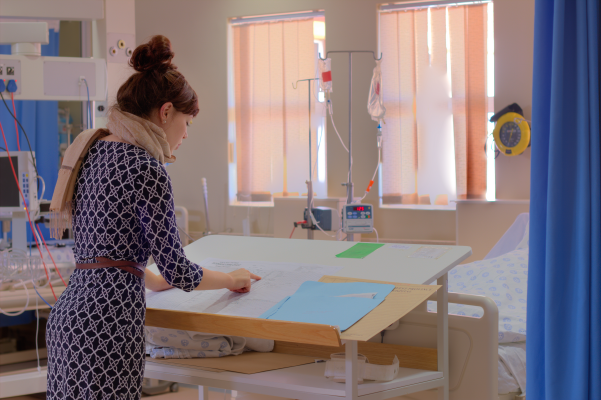
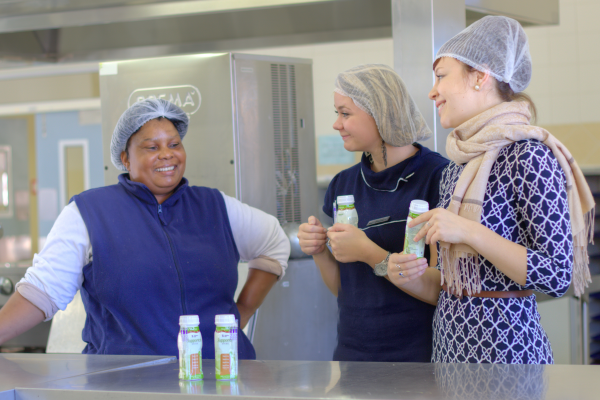
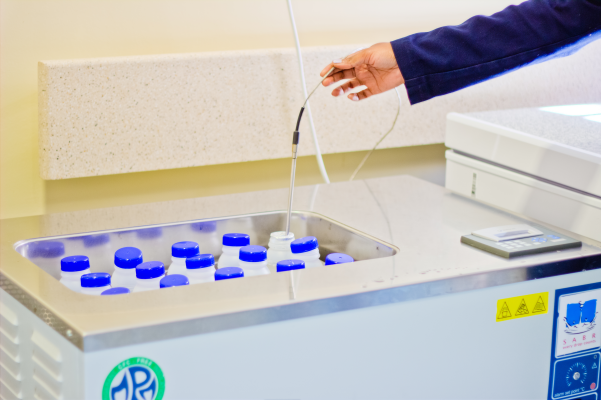
8. Compulsory community service year
The Department of Health requires a compulsory community service year on completion of the BSc Dietetics programme. The goal of this year is to deploy expertise to rural parts of South Africa where these services aren’t normally found. The dietitian receives an entry level salary for one calendar year and fringe benefits, depending on the region where they will work (e.g. rural allowance, housing allowance, etc.).
9. Faculty specific requirements
- Students are legally required to register as a student dietitian with the HPCSA’s Professional Dietetics Council at the beginning of the first year of study.
- For practical training during the years of study, the possession of a valid driver's license before the start of the second year of study is a requirement.
- Student membership of the professional association, the Association for Dietetics in South Africa (ADSA), is compulsory from the first year of study.
- All costs associated with the practical training in the fourth year of study must be borne by the student himself.
- No student will be allowed to serve on a residence committee of a residence in the fourth year of study
